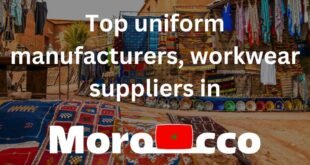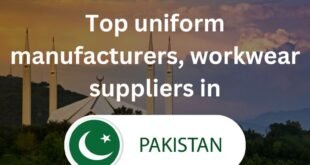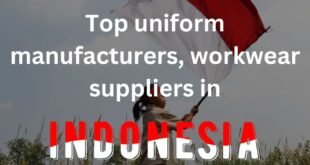During the past decade, Nicaragua has emerged as the top garment manufacturing country in the world. Although the country’s apparel industry has experienced many challenges, it continues to grow and expand in importance to the global fashion community. This article highlights some of the major clothing manufacturers in the country.
1 World Clothing Manufacturers
Whether you’re looking for custom clothing manufacturers or a wholesale clothing manufacturer, there are a number of factors that should be considered. For starters, you should consider the company’s reputation. A good production house will have a solid reputation and be able to provide high quality products.
You should also look at the factory’s certifications. A good clothing factory will have passed many of these standards. For instance, they should have ISO 9001 and BSCI. A good clothing factory will have a team of professionals on hand to help you with the design and development of your product. They should be able to produce various types of apparel, including women’s pajamas, sweatshirts, hoodies and polo shirts.
When choosing a clothing manufacturer, you’ll want to look at their commitment to the clean clothes movement. Some brands, like Nike and Puma, have pledged to eliminate toxic chemical discharges from their supply chains. Others, such as Levi Strauss and Adidas, have pledged to reduce their use of hazardous chemicals. You can also check out the Higgs Index, which is a ranking of global fashion brands based on their impact on the environment.
You should also look at the factories’ work conditions. Some factories don’t provide their workers with adequate breaks or water, and they may be forced to work without proper ventilation. There are also cases where workers are denied the right to form unions.
2 Yotex
Whether you are looking for a new wardrobe or a new supplier, there are plenty of clothing companies to choose from in Nicaragua. Besides exporting to the United States, Nicaragua also exports to other Central American countries such as Mexico and the Dominican Republic. These apparel businesses are dedicated to providing quality clothing at affordable prices.
One of the most notable examples of this is Yotex. This is a wholesale company specializing in garments. Their main market is the US, but they also sell to the European and CA markets. This company has a business office in Shanghai and an ODM&OEM factory in Fujian, China.
Another example is Arlisman. They are a typical garment manufacturing company, but they also offer a host of services. They can manufacture knit sweaters, casual pants, and jeans, among others. They can also provide design services and customization. Some of their more popular styles include ruffled details, chiffon, and high technique stitching. This company also has a manufacturing facility in Guangzhou and Hongkong.
They are also known for their large variety of styles, including ruffled blouses and lace wear. They have a variety of certifications, including ISO 9001 and BSCI. They can also accept orders of 300 pcs or more in any color or style. They can even source fabrics for you.
Clearly, the textile industry in Nicaragua has come a long way. In fact, it’s now the largest foreign trade sector in the country. With the expansion of the DR-CAFTA, duty free imports of apparel have become a reality.
3 Finos Textiles
Located in the heart of Managua, Finos Textiles is one of the best garment manufacturing companies in the country. The company offers a wide array of services from design to printing. As for the company’s main product, it specializes in producing men’s and women’s wear, and also has a small production facility for denim.
The company was able to boast of a number of patented technologies, including its own Etiquetas de impresión, the thermal imprinting technology. The company also has a robust manufacturing infrastructure that includes a variety of state-of-the-art machines and equipment. The company’s latest endeavor is the launch of a reconstructed Cone Denim plant in the country, which could be up and running by the end of 2012.
The company is also a member of the Nicaraguan Textile Association (ATNO), a trade organization that has a lot to offer business operators in the Central American country. Aside from the many advantages that Nicaragua’s manufacturing industry has to offer, it also has a thriving and productive labor force. The government of Nicaragua has provided generous fiscal incentives for businesses to do business in the country, and there is no shortage of investment opportunities. In addition to the usual suspects like Mexico, Nicaragua exports its wares to other members of the Central American Common Market. The country’s merchandise exports have maintained a steady growth, despite the ongoing international price slump for some of its primary export products.
4 Honduran Manufacturers Association
Founded in 1920, the Honduran Manufacturers Association represents apparel companies before the government and other public institutions. The association’s headquarters is located on the eighth floor of the Altia Smart City tower in San Pedro Sula.
Honduran textile manufacturing is the number one cotton shirt exporter in the world. In 2011, the industry accounted for 33% of Honduras’ GDP. It demonstrates a skilled workforce, which is reflected in the quality of its product. The manufacture of textiles in Honduras is one of the most important competitive advantages in the country.
In the past few years, the Honduran government has taken significant steps to improve the investment climate. These measures include implementing incentives and incentive programs to promote trade. In addition, Honduras has established a National Trade Committee, which is chaired by the Minister of Economic Development.
The WTO Trade Facilitation Agreement has provisions for expediting the clearance of goods. The Agreement includes provisions to speed up the release of goods and measures to facilitate effective cooperation in customs compliance.
CAFTA-DR provides basic protections for investors, including intellectual property rights, labor protections, and dispute settlement procedures. It also provides basic protections against expropriation. However, Section 10.7 states that no party may expropriate any land, other than in conformity with customary international law.
The Honduran government must compensate owners of land that was expropriated in cash. Compensation cannot exceed US$500 per hectare for land without buildings, and US$1,000 per hectare for land with buildings.
5 Impediments to production of garments in the US
Historically, the United States had a significant role in the supply of fabrics and apparel related materials to garment factories in the Western Hemisphere. Today, the US plays a much smaller role in this sector. However, it still produces a large amount of clothing.
During World War II, Cleveland was a manufacturing center for a variety of apparel for the armed forces. A powerful new labor movement was organized to help the industry overcome the challenges of the day. Despite the challenges, Cleveland firms could not always respond with alacrity to changing conditions.
In the postwar era, women workers had a greater number of job opportunities than men. But, wages in the garment industry were often lower.
The apparel industry was subject to a number of technological and marketplace changes. Some firms closed their doors for economic reasons. Others sold off parts of their business.
The ILGWU waged a successful organizing campaign. Some firms also offered amenities such as free lunches and clinics.
During the late 1940s and early 1950s, new garment factories sprung up in Cleveland. These factories produced knit scarves, uniforms, and parachutes. Some firms also provided nurseries, libraries, and cafeterias for employees.
The garment industry also suffered from high labor costs. Cleveland manufacturers faced competition from lower-paid workers in other countries. And, in the face of an uncertain future, some firms chose to sell off part of their business.
6 Historical context
During the last few decades, Nicaragua has emerged as a top garment manufacturing hub. These companies make products for retailers like Victoria’s Secret and Kmart. They have their own factories, but also subcontract manufacturing to Asian firms.
During the 1800s, Nicaragua became part of the First Mexican Empire. In 1822, Cornelius Vanderbilt supported Conservative rule in the country. In the late 1800s, the country was part of the United Provinces of Central America. In the early 1900s, the country was a banana republic. Its economy was heavily dependent on agro-industrial exports.
The economy was also dominated by a small, domestic elite. The most important industries were construction, the fishing industry and agriculture. The economy was also heavily influenced by foreign interests, including Taiwan, which had a large presence in the region. In the 1970s, Nicaragua’s GDP grew at a rate of 13 percent a year.
The economy was restructured in the early 1980s. This helped produce a 5 percent jump in the economy’s GDP. The economy was also improved by the creation of the Caribbean Basin Initiative. This initiative offered duty-free access to the US market for a slew of products, including garments.
The most important thing to note about this program is that it did not create wealth for workers. In fact, it was a blatant scam. Its most obvious beneficiaries were the oligarchs, who exercised a powerful right-leaning influence on Honduran politics.
 Henry Pham (Pham Quang Anh), CEO of DONY Garment
Henry Pham (Pham Quang Anh), CEO of DONY Garment
This year, we have found that many international buyers are seeking new suppliers based in nations outside of China and Thailand to purchase many goods and products, including uniforms, workwear, reusable cloth face mask, and protective clothing.
At DONY Garment, we are proud to welcome international customers, especially those based in the US, Canada, the Middle East, and the EU market to discover the professional production line at our factory in Vietnam.
We guarantee our products are of the highest quality, at an affordable cost, and easy to transport across the world.
 Dony Garment Vietnamese Garment Factory Supplier – Apparel Clothing & Textile Manufactured. Private label clothing Produce women, men, children baby wear – Casual Clothing, Uniform, Workwear
Dony Garment Vietnamese Garment Factory Supplier – Apparel Clothing & Textile Manufactured. Private label clothing Produce women, men, children baby wear – Casual Clothing, Uniform, Workwear


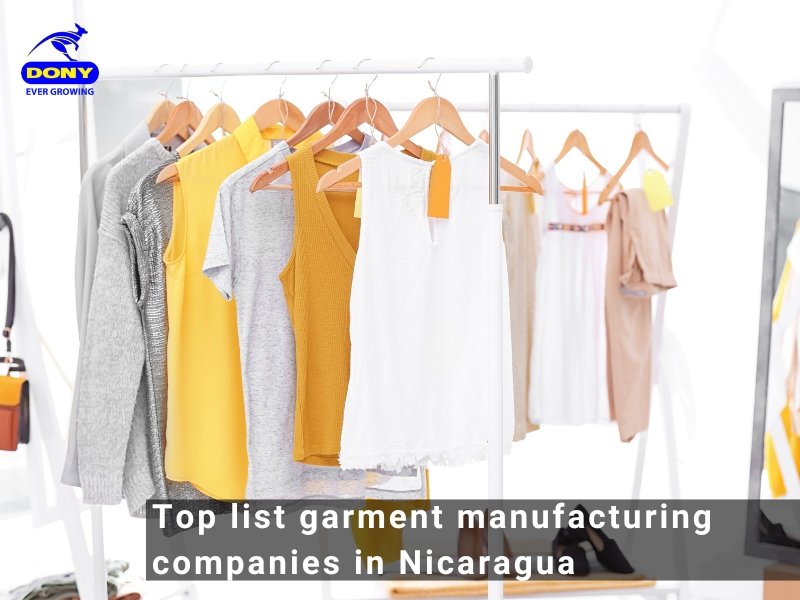
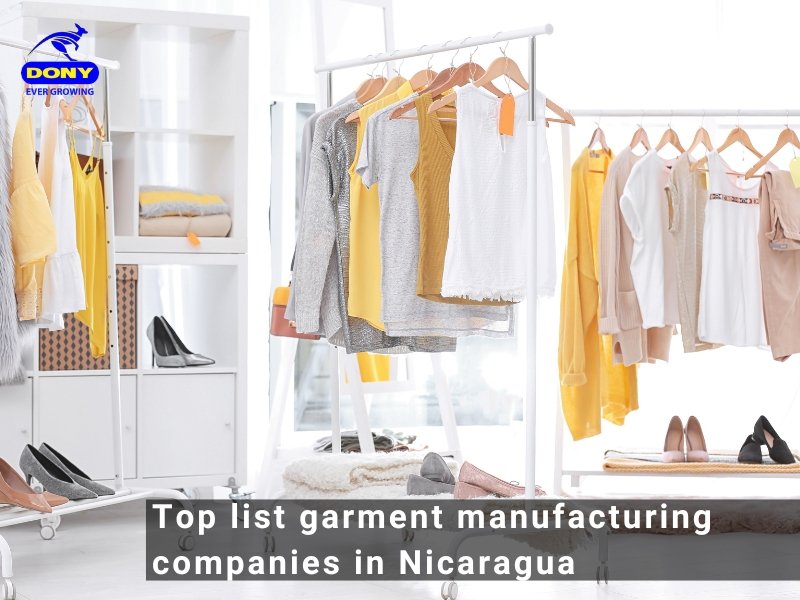
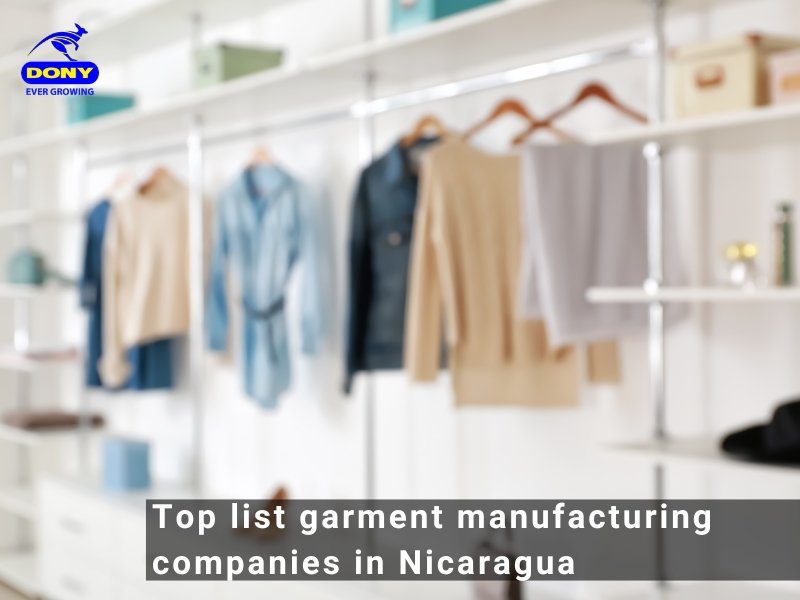
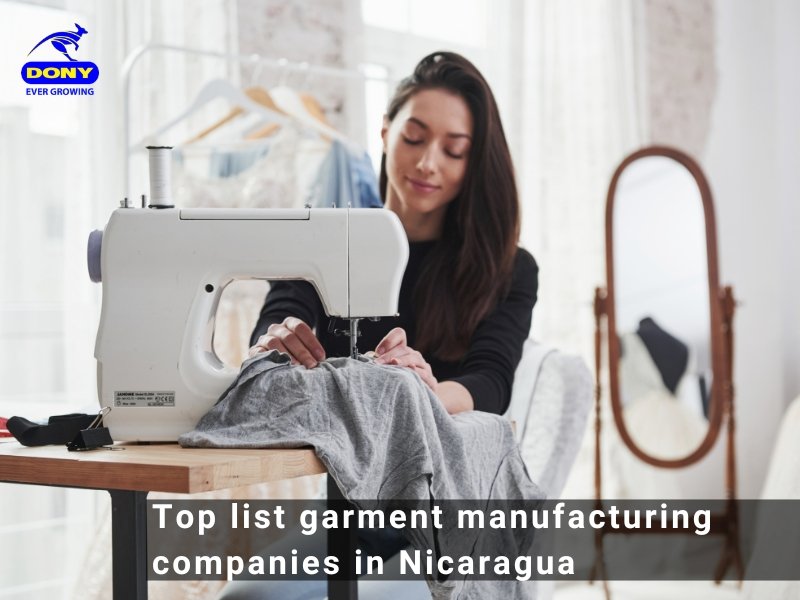
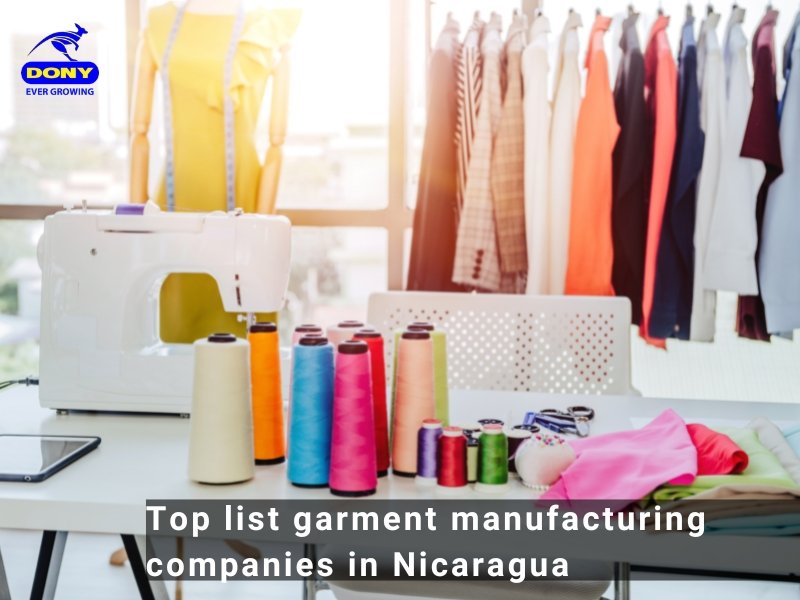
 Henry Pham (Pham Quang Anh), CEO of DONY Garment
Henry Pham (Pham Quang Anh), CEO of DONY Garment
